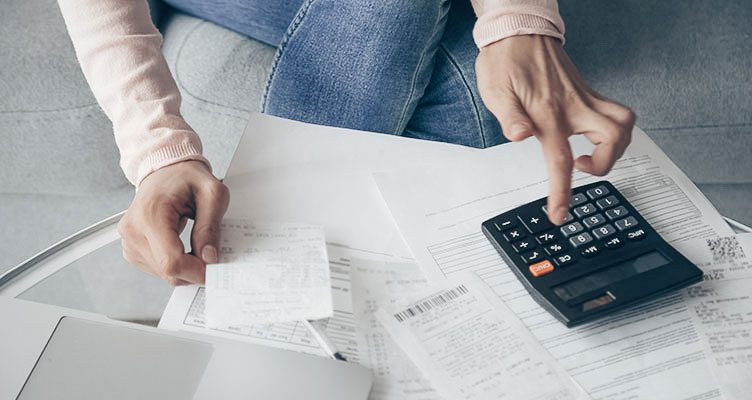

VAT Pitfalls when Selling Commercial Property
by Taxkey Dec 6, 2018 VATWhen selling a property, businesses should consider the VAT treatment of the sale and potential related VAT costs early in the sale process and ideally in advance of negotiating the heads of terms. If this is not done, there is potential for conflict between the vendor and the purchaser as neither party may wish to bear a VAT cost arising from the sale. Ultimately this cost, where it arises, will need to be borne by one or other party or alternatively shared between both.
Determining the VAT treatment of a commercial property sale can be complex. Generally the sale would fall into one of three categories, as follows:
1. Sale is VATable
2. Sale is VAT exempt
3. Sale is subject to the VAT transfer of business relief
Both of the latter two categories of sale can bring complications.
A VAT exempt sale may give rise to a VAT liability for the vendor through a clawback of purchase VAT previously claimed and to avoid such a liability the vendor may wish to opt to make the sale vatable. This would eliminate the vendor’s issue but operates to transfer the VAT burden over to the purchaser who would potentially then have to use the property for fully vatable purposes for a full 20 years to ensure that no VAT cost arises to him. This can be a significant risk for purchasers who will generally look to be compensated for taking on such a risk. Alternatively, if the vendor’s VAT liability through clawback of input VAT is less than the VAT that would arise if the VAT was made vatable, the VAT discussion may then focus on who is going to bear the lower VAT cost, or whether this cost should be shared between the vendor and the purchaser.
Where transfer of business relief applies, the vendor will never charge VAT but means that the purchaser steps into the vendor’s shoes from a VAT perspective. Consequently, the purchaser could unknowingly end up with a VAT liability. In such cases, obtaining adequate VAT records from the vendor is crucial for the purchaser so that he can ascertain the potential VAT liability he is assuming in relation to the property.

